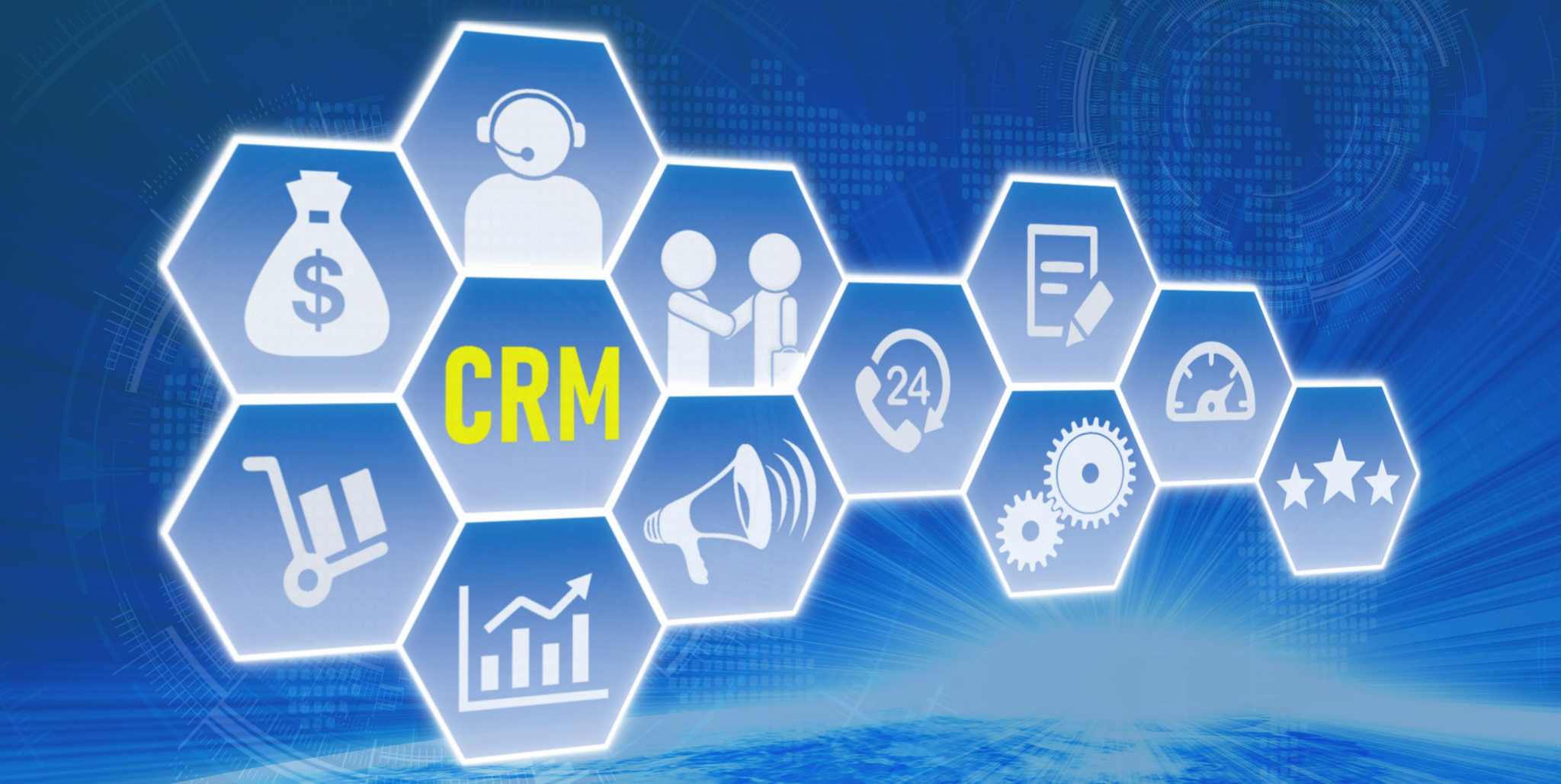- Blog /
- apac-market-insights
How AI Propels Businesses: Unlocking Practical Applications
23 Jan 2024
By AroundDeal

Artificial Intelligence (AI) has revolutionized the business landscape, enabling organizations to unlock new opportunities and drive growth. From improving customer experience to enhancing operational efficiency, AI offers practical applications that can propel businesses to new heights. In this blog post, we will explore the various ways AI is being leveraged by companies across different industries.
Improving Customer Experience
One of the key areas where AI has had a significant impact is in improving customer experience. By harnessing the power of AI, companies can deliver personalized recommendations and targeted marketing campaigns. Take e-commerce giant Amazon, for example. Its recommendation engine uses AI algorithms to analyze user behavior and provide tailored product suggestions, enhancing the overall shopping experience.
Chatbots have also emerged as a popular AI-powered solution for efficient customer service. These virtual assistants can handle a wide range of customer queries, providing instant responses and freeing up human agents to focus on more complex issues. Companies like Google and Apple have integrated voice assistants like Google Assistant and Siri into their devices, allowing users to interact seamlessly and perform tasks with just their voice commands.
Enhancing Operational Efficiency
AI's ability to analyze vast amounts of data and identify patterns has made it an invaluable tool in enhancing operational efficiency. Predictive analytics, for instance, enables businesses to forecast demand accurately, optimizing inventory management and reducing costs. By analyzing historical sales data and external factors such as weather patterns, retailers can anticipate shifts in consumer behavior and adjust their supply chain accordingly. The analytical capability of AI also paves the way for AI summarization, which can help businesses streamline processes, automate tasks, and make knowledge easily accessible, ultimately driving operational efficiency to new heights. AI summarization uses artificial intelligence algorithms to extract key information and generate concise summaries from large volumes of data or text. By leveraging AI techniques such as natural language processing and machine learning, businesses can automate the process of summarizing documents, reports, customer calls, and even meetings. This allows employees to quickly gain insights and make informed decisions without spending excessive time on manual reading and analysis.
Automation is another practical application of AI that streamlines operations. Repetitive and time-consuming tasks can be automated, freeing up employees to focus on more strategic and creative endeavors. For example, healthcare organizations are using AI-powered robots to automate tasks like data entry and appointment scheduling, allowing medical professionals to spend more time with patients.
Empowering Decision-Making
In an increasingly data-driven world, AI provides businesses with valuable insights for informed decision-making. By analyzing large datasets, AI-powered analytics tools can identify trends, patterns, and correlations that might not be apparent to human analysts. This helps organizations make data-driven strategic decisions and gain a competitive edge.
Risk assessment is another area where AI excels. AI algorithms can analyze vast amounts of data to identify potential risks and anomalies. Financial institutions, for instance, utilize AI-powered algorithms to detect fraudulent activities and prevent financial losses. Real-time monitoring and alerts enable businesses to respond proactively to potential threats, minimizing their impact.
Boosting Productivity and Innovation
AI has the potential to boost productivity and drive innovation across industries. In research and development, AI-assisted tools can analyze scientific literature, patents, and experimental data to accelerate the discovery of new drugs, materials, and technologies. Companies like IBM's Watson have made significant strides in this field, demonstrating the power of AI in driving innovation.
Natural language processing (NLP) is another AI technology that enables businesses to extract valuable insights from unstructured data. By analyzing text data from sources such as customer sentiments, reviews, social media posts, and surveys, companies can gain a deeper understanding of customer sentiment, preferences, and pain points. This information can then be used to improve products, tailor marketing campaigns, and enhance customer satisfaction.
Machine learning algorithms, a subset of AI, can optimize processes and improve efficiency. By continuously learning from data, these algorithms can identify patterns and make adjustments in real time. For example, logistics companies use machine learning algorithms to optimize delivery routes, reducing costs and improving delivery times.
Addressing Cybersecurity Challenges
As businesses become increasingly reliant on digital technologies, cybersecurity has become a paramount concern. AI has emerged as a powerful tool in addressing these challenges. AI-based threat detection and prevention systems can analyze network traffic, identify potential threats, and take proactive measures to prevent security breaches.
Behavioral analytics is another AI-powered solution that helps identify anomalies and potential security breaches. By establishing patterns of normal user behavior, AI algorithms can quickly detect deviations and raise alerts when suspicious activities are detected. This enables businesses to respond promptly and mitigate potential risks
Overcoming Limitations and Ethical Considerations
While AI offers immense potential, it also comes with limitations and ethical considerations. Ensuring fairness and transparency in AI algorithms is crucial to avoid bias and discrimination. Companies must actively monitor and address biases that might be present in their AI models to ensure fair treatment of all individuals.
Balancing automation with human oversight is another important consideration. While AI can automate many tasks, it is essential to maintain human involvement and decision-making in areas that require empathy, creativity, and ethical judgment. Striking the right balance between automation and human involvement ensures that businesses can harness the benefits of AI while upholding ethical standards.

AI has proven to be a powerful tool for businesses, unlocking a wide range of practical applications across various industries. From improving customer experience to enhancing operational efficiency, AI is transforming the way organizations operate and make decisions. By leveraging AI technologies such as predictive analytics, automation, and machine learning, businesses can streamline operations, drive innovation, and gain a competitive edge in the market.
However, it is important to address the limitations and ethical considerations associated with AI. Ensuring fairness, transparency, and human oversight are crucial to avoid biases and discrimination. Companies must continuously monitor and improve their AI models to ensure unbiased and ethical outcomes.
As we move forward, the future of AI holds even more promise. Emerging trends such as explainable AI, federated learning, and AI-driven decision-making are set to further revolutionize businesses across industries. It is crucial for organizations to stay abreast of these developments and embrace AI technologies to stay ahead in today's rapidly evolving business landscape.
In conclusion, AI is propelling businesses forward by unlocking practical applications that enhance customer experience, boost operational efficiency, empower decision-making, and drive productivity and innovation. With the right approach, businesses can harness the power of AI to navigate the challenges of the digital age and unlock new possibilities for growth and success.





